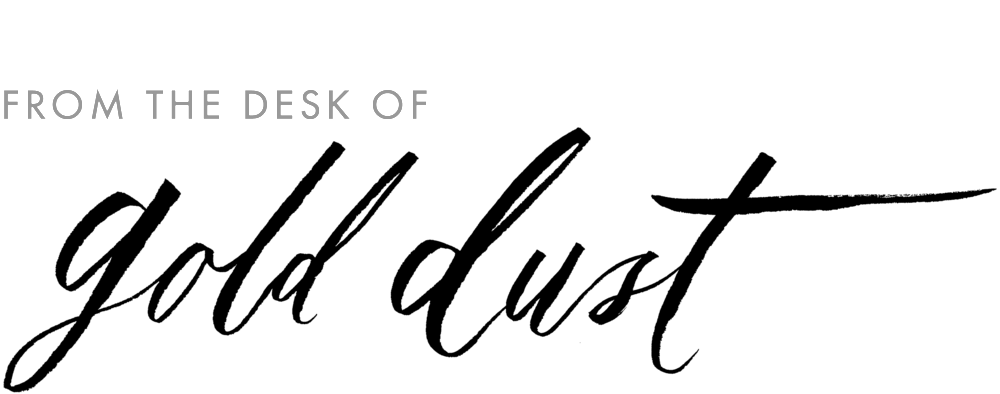As much as I look forward to vacations, I don’t do well with time off. As a recovering workaholic, I’ve made progress on slowing down. I’m now able to enjoy a day (okay, more like an hour) without an aggressive agenda hanging over my head. However, even when I’m not at work, I still have personal projects (writing, surfing, yoga, writing about surfing and yoga, etc.) that I expect to be doing.
My Dutch, protestant upbringing instilled many values in me, including a solid work ethic, and this served me well in my academic and professional pursuits. I’m grateful for parents who modeled the value of going the extra mile and not being afraid to jump in and get my hands dirty.
Somewhere along the way, however, I passed the tipping point. Whatever rest and recuperation prior generations used to offset their labor-intensive weeks seemed like a waste of time to me. I made rest days optional, assuming they were for “lazy” people. (Read: People-who-are-not-compulsively-driven-to-be-productive-every-waking-minute-of-their-lives.) It’s in my nature to be driven, but it is both a blessing and a curse.
One of the benefits of being a surfing neophyte is that I’m still so blissfully ignorant of my limitations that I’ll attempt feats well beyond my reach. During one of my solo surf sessions, I paddled for a wave that was well-beyond my skill level. This particular wave (at least three times larger than the one pictured above) tossed me around like a rag doll in a spin cycle. The force was so strong that the bottom half of my bathing suit was down around my ankles. When I finally surfaced, I turned to see another wave about to break on top of me. Glancing around, I saw no one within my radius who might be injured should my board go flying, so I inhaled, dove beneath the wave and came up with my bathing suit bottom back in its rightful place.
When I pulled myself back onto the top of my surfboard, I noticed some tenderness on my right side body, but shrugged it off. The rush of adrenaline, combined with the sensory overload that accompanies being surrounded by salt water and crashing waves has a way of drowning out pesky little things like pain.
Although I’d heard of intercostal muscles before, I didn’t think they were that important. And then I strained them. Located between the ribs, they help the ribcage accommodate the lungs as they expand and contract. When the planks in that evening’s yoga class caused my eye to tear up, I knew I needed to rest.
I begrudgingly sat out the next day, doing my best to keep myself occupied. Certain that one day of rest was sufficient, I paddled back out the next morning. And in a short amount of time, I paddled right back to shore. After almost five days of resting and nursing and stretching I was back in the water. I found myself pushing extra hard to make up for lost time and when my planned rest day rolled around, I ignored it.
The waves and the offshore winds beckoned. It all seemed so appealing that I needed to experience it. I’m glad I didn’t miss those conditions! I should tell you what I did miss, though: every wave I tried to catch. Too tired to paddle efficiently, I continued to get stuck in the impact zone. Wave after wave crashed over my head, battering my body and my spirits.
This time, I did begrudgingly give my body the day of rest it seemed to want, and for most of the day I wrestled with FOMO (Fear of Missing Out). I will always miss whatever is not in front of me because I am not omnipresent. (Being a human is so limiting!)
Oddly enough, when I’ve run myself ragged from trying to be everything to everybody, I can be so preoccupied by my thoughts that I even miss out on what is happening in front of me.
FOMO is only one of the ways my little hamster brain tries to keep me on the treadmill. Over the next few days I’ll be sharing some additional tricks my mind plays, as well as the mindfulness tips I use to help me avoid the bait.
Photo courtesy of Surf Simply

